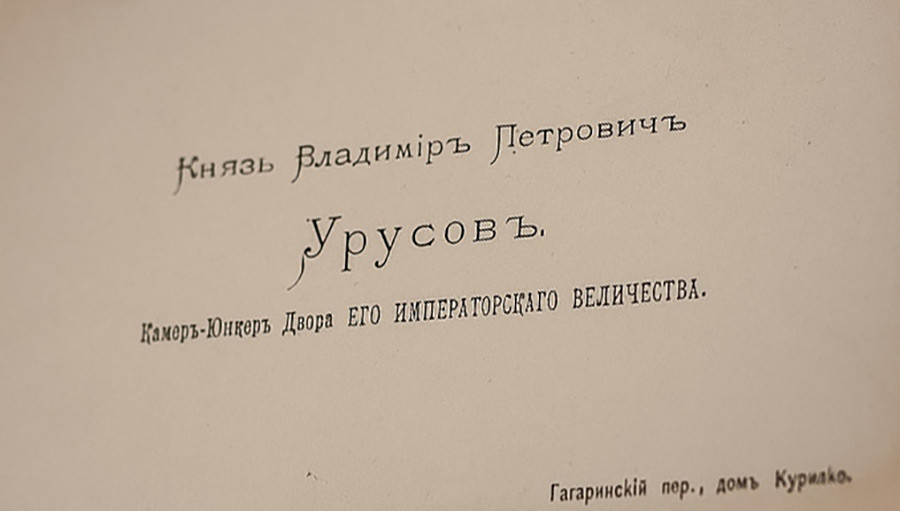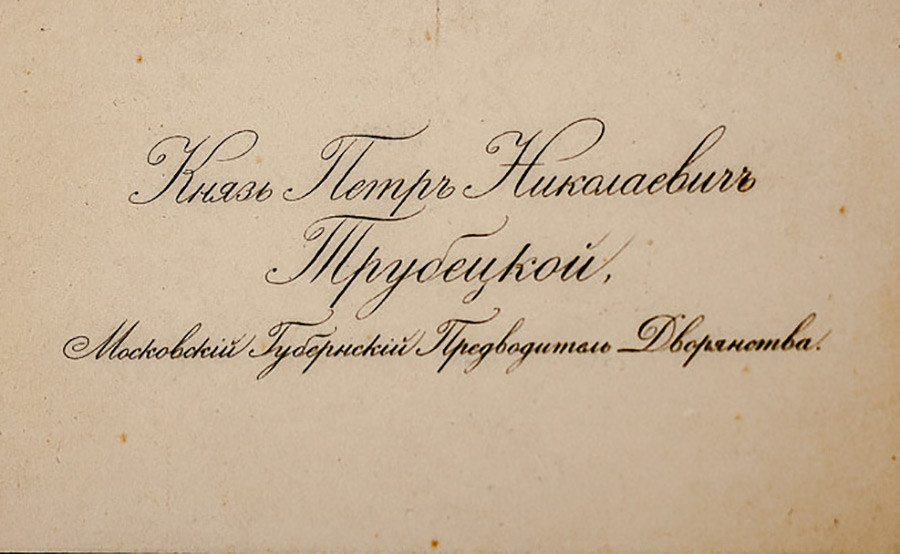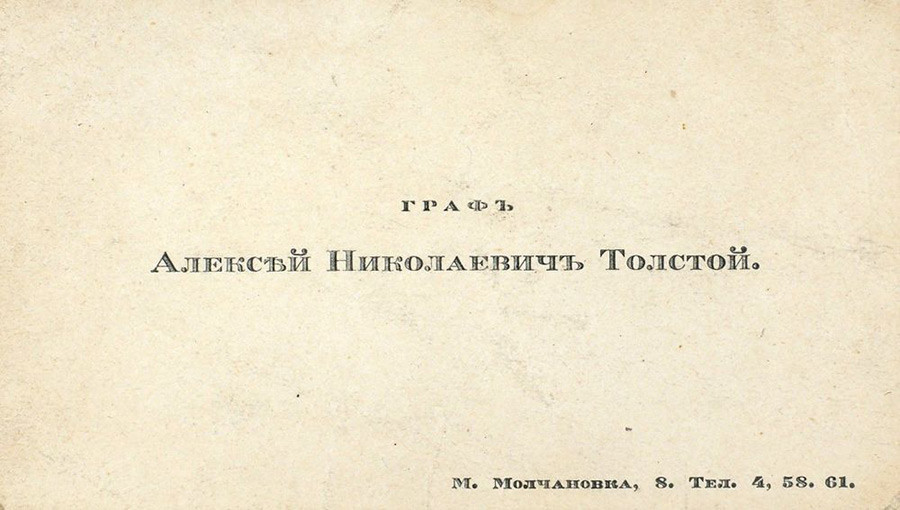Amazingly, the Russian nobility of the nineteenth century may, too, blow their own horns their digital "pals" and compete in the numbers of such friends. nevertheless it become all on… paper.
How regularly do you utilize fb to check on a chum who's ailing? document to your circle that you're returned from a holiday or a business commute? Announce that you simply're throwing a party? It's most likely less complicated to do that via textual content or a public FB submit than to tell all and sundry one after the other. but americans of the nineteenth century, and Russians, too, frequently crucial to do the same issues, and they had some an identical ways to do them with their own paper social networks – the journeying cards. but first, there turned into a definite tradition of private visits.
'Barbarian customized'
"In a carriage near the Kremlin" by means of Rudolf Frentz (1888-1956)
public sale house SOVKOM"On Thursday at 6 o'clock within the afternoon, Maria Ivanovna obtained into the carriage and set off on visits, with a register in her hand. On this present day she made 11 visits, on Friday before lunch – 10, after lunch – 32, on Saturday – 10, 63 in complete, and he or she left a dozen extra for later" – wrote Russian historian Mikhail Gershenzon of the visit addiction.
As you probably guessed, Maria Ivanovna paid visits of appreciate to her chums, neighbors and relatives. in the Russian Empire of the 18th-nineteenth centuries, this become the common way for noble individuals to socialize. Noblemen had a certain circle of americans whom they paid visits – their circle of friends and acquaintances, whatever just like the people on their "fb feed."
without the tiresome addiction of paying (and returning) visits, one could not hope to be approved in noble society and revel in all its merits. reminiscent of percentages to discover an outstanding husband for one's daughter, join your different youngster in some Guards regiment, get promoted at your area of provider as a result of a connection in the Imperial court, and many others.
It became socially expected to continuously seek advice from your friends. Some noble families introduced a different reception day, above all in St. Petersburg. within the more 'traditional' Moscow, you continually might pay someone a discuss with on any given day. Visits were socially compulsory when a vital event came about to your life – like a marriage. Mikhail Bouturlin, a Russian nobleman and a extraordinary member of Moscow's high society of the early nineteenth century, wrote about paying visits together with his spouse appropriate after their wedding: "For the sake of the historic dull Moscow etiquette, which my sweetheart's mother accompanied, on tomorrow of our marriage, we were put in a carriage, wherein we spent three whole days touring all feasible and impossible aunts, uncles, cousins and cousins... Oh, how I cursed this barbaric customized!"

"Russian country Scene," 1811, gouache, by way of Andrej Martynoff (1768-1826).
Legion MediaIt changed into regarded the peak of lack of knowledge to overlook to congratulate a godmother or godfather on their identify day, no longer to return see them off on their departure, to wish them a secure event. Or, on the Sunday before the beginning of Lent, overlook to consult with the grandparents to 'say goodbye' earlier than Lent, exchanging bread and salt. Visits of condolences (after someone on your pal's household dies), visits of congratulation, visits of gratitude, celebratory visits… It was all very tiresome.
traveling cards: the 'paper facebook'
"living room within the flats of Countess Anna Sheremeteva on Boulevard Poissonnière in Paris," unknown painter, 1842
State historical Museumbut what in case you unexpectedly come to your friends and that they're no longer at domestic? Then, you must leave your personal travelling card. Slowly, sending journeying cards took the vicinity of genuine visits. This "in vogue" custom came to Russia from England throughout the Anglomania craze – right after the conflict of 1812. It turned into a gesture of honor to return in my view and leave your card at your chums' or loved ones' region. It become rude to depart a card in the residence of an individual of better rank – like, your boss. Such visits had been paid in adult, the ancient-normal method. For much less important addressees, one might even send a footman to bring the card.
"On the brand new yr and on the vivid Week it's the biggest cost for journeying playing cards," wrote Sergey Knyazkov (1873-1919), a Russian historian. "The footmen in the carriage, on horseback and strolling prowl across the city. Moscow is so large that this beginning of playing cards is every now and then very tricky and painful… youngsters, the 'card-carriers' discover a method to ease their labors: they've places of gathering in Okhotny Ryad, where they compare their lists of areas the place they should deliver the playing cards and exchange the cards. Of course, here is not at all times error-free. now and again you may be given a card of some gentleman with whom you are not customary in any respect, otherwise you could be forced to congratulate someone whom you wouldn't like to meet..."

touring card of Prince Vladimir Urusov
Archive imageThe playing cards, adorned with vignettes and lettering, have been constantly piled someplace in the entrance corridor of a rich house – either on a coffee desk or tucked at the back of the mirror; so when a guest turned into coming, while he waited for the servants to inform the host he's received a vacationer, the visitor might determine the popularity and social ties of his host with the aid of looking at the playing cards.

touring card of Prince Pyotr Trubetskoy (1858-1911)
Archive imageThe style mongers of the period flaunted each and every other with a collection of enterprise playing cards from noted and universal people, simply as some americans now flaunt what number of facebook stars they are pals with!
Some people even paid the doormen in wealthy americans's properties for travelling playing cards of famous men and women – princes, counts, rich businessmen – to tuck these playing cards at the back of their mirrors and make their guests accept as true with they are every now and then visited through such 'posh' persons.

travelling card of count number Alexey Tolstoy (1882-1945)
Archive photofor those who couldn't have enough money servants to move the playing cards, this became one other tiresome dependancy. "In our province, it's like that: Heaven forbid anybody forget to bring a visiting card to 1's pals on a Church break! as a substitute of praying like a Christian, taking note of mass, and peacefully celebrating the break with their households, ladies and gents, from morning to 2 o'clock in the afternoon, gallop, scurry from street to highway, meet, bow to every other, and after providing the playing cards to loved ones and friends, return domestic – with a chilly, annoyance and boredom," a favored magazine wrote in 1823.
but in the 2d half of the century, with the setting up of telephones, which begun within the Eighties, travelling playing cards grew to be much less and less vital – despite the fact wealthy and neatly-bred noble households nevertheless clung to them, as an old-fashioned dependancy, unless the 1910s.
If the usage of any of Russia past's content, partly or in full, all the time deliver an energetic hyperlink to the fashioned fabric.
No comments:
Post a Comment